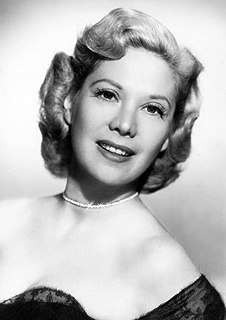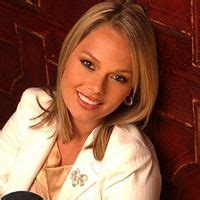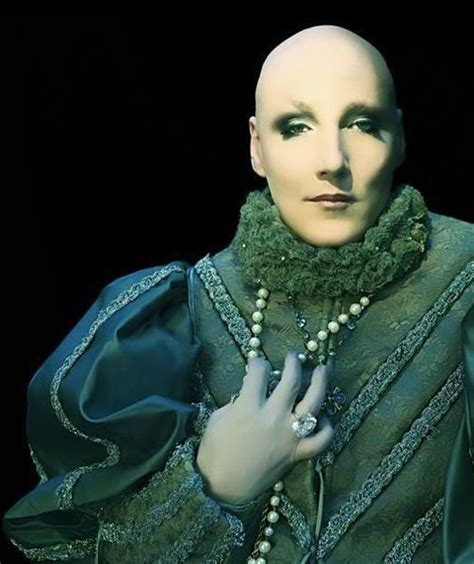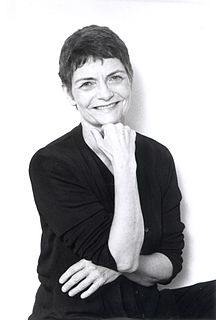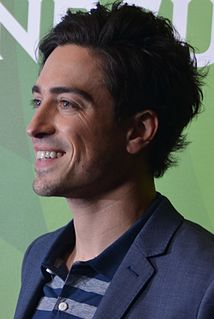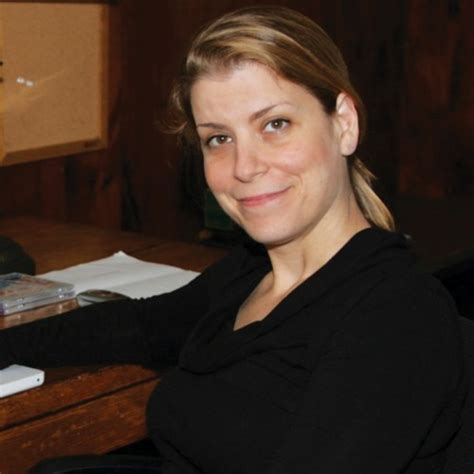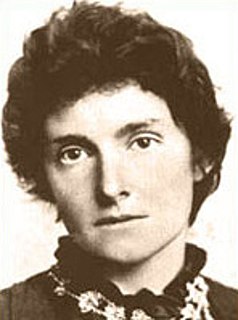Цитата Пола Саймона
Хотя я мог заниматься музыкой с учителями, я никогда не изучал лирику. Я читаю стихи и читаю других лириков. Но они никогда не писали в том стиле или в той форме, которая меня интересовала.
Связанные цитаты
Я учил длинное стихотворение время от времени в течение многих лет. Чем больше стихотворений размером с книгу я читал, изучал и преподавал, тем больше меня интересовали возможности написания поэзии, в которой применялись бы формальные и содержательные варианты повествования и неповествования, лирического и нелирического. Я нашел много удовольствий в этом виде письма. Длинное стихотворение так же старо, как и форма искусства.
Писать — это как ходить в большой книжный магазин. Это книжный магазин вашего мозга, и вы знаете, что никогда не прочитаете все эти книги. Это делает вас счастливым, когда вы находитесь в книжном магазине, и вы нервничаете, потому что знаете, что никогда не прочитаете все эти книги. Так что нервозность тоже радует. Когда я начинаю писать стихи, это одно из самых приятных занятий, которые я делаю, но оно также чревато всеми этими тревогами.
Поэзия, код и математика заставляют нас читать не так, как другие формы письма. Написанная поэзия заставляет молчаливого читателя прочесть сразу три вида узоров; код перемещает читателя из статического в активный, интерактивный и зацикленный домен; в то время как алгебраическая топология позволяет нам читать качественные формы и их преобразования.
Пара советов для детей, которые серьезно относятся к письму: прежде всего, читайте все, что попадется вам под руку, чтобы вы могли познакомиться с различными формами письма: художественной литературой, научно-популярной литературой, поэзией, журналистикой. Это очень важно. А также вести дневник. Не так много, потому что это хорошая писательская практика. Хотя это так, но больше потому, что это прекрасный источник для начала истории.
Помню, когда я писал свои мемуары, меня волновало, что подумают другие люди, когда они их прочитают, и моя мать, которая может быть невероятно мудрым человеком, сказала, что на самом деле это не имеет значения, потому что незнакомцы, которые их читают, никогда не станут встретиться со мной в любом случае, и люди, которых я знал, знали о моих секретах.
Лично у меня никогда не было наставника. Такое ощущение, что в целом в мире писательства или мира искусства это больше актуально в Америке, потому что у вас есть писательские программы, которых нет у нас. У вас есть эти замечательные писатели, которые являются учителями. Я никогда не занимался писательской программой, поэтому я никогда не встречался с писателем, пока меня не опубликовали. Думаю, я не могу объяснить свою тягу к написанию таких персонажей-наставников.



